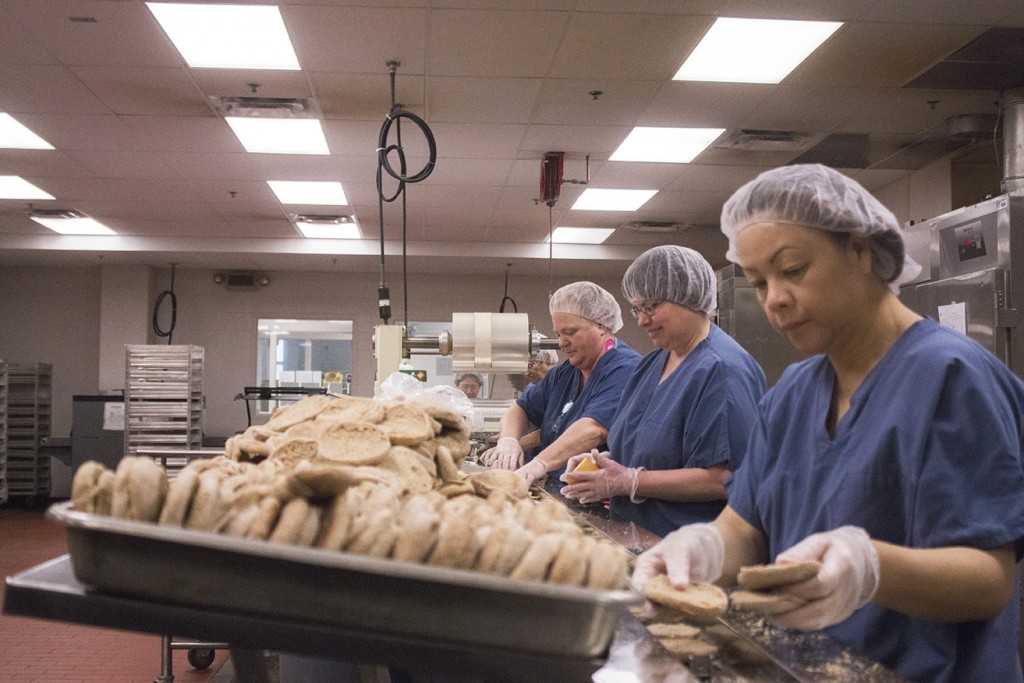
Des Moines Public Schools’ central kitchen is housed in the old Colonial Bakery on Des Moines’ north side. The district is no stranger to the epidemic of hunger and food insecurity in the Midwest. Photo by Cole Norum.
The largest school district in Iowa is attempting to put a halt to the hunger epidemic
Words by Hunter Phillips and Heather Kilby
Audio by Hunter Phillips
Graphics by Greta Gillen
Hunger cannot be ignored. It can be felt, heard and seen, but it can’t be tossed away like last night’s leftovers. Hunger has rumbled its way around the world, and the effects linger in the children of food-insecure families. In 2014, 48.1 million Americans lived in food-insecure households, including more than 15 million children, according to the U.S. Department of Agriculture. This way of life has become a fixture in the Midwest, testing the region’s distinction as the “breadbasket of the U.S.”
In Iowa, food insecurity, especially among children, has increased over the last 10 years. One in five children in Iowa do not have enough to eat, according to the Food Bank of Iowa.
Consider Iowa’s capital city, Des Moines. In the 2005-06 school year, 54.4 percent of students in the city’s public schools were eligible for free or reduced-priced meals. This school year, about 75 percent of students are eligible.
Two years ago, Iowa signed on to a federal program that provides free breakfast and lunch for every student in schools that serve a high number of families in poverty—no questions asked. Families don’t need to prove their eligibility or fill out any paperwork.
“The application is truly a stumbling point for families,” says Sandy Huisman, the head of food and nutrition for Des Moines Public Schools. The federal subsidy “allows us to identify low-income schools where we can feed all kids at no cost, regardless of income.”
During the previous academic year, 41 Des Moines schools—including King Elementary—benefit from the program. At King, 75.9 percent of students qualified for free or reduced-priced meals in 2005-06; this year, 95.3 percent do.
This is the fourth year King has participated in the program, which includes breakfast in the classroom. Every child receives free breakfast upon arriving at the school each morning and then takes it to the classroom to eat with peers.
Before the program was implemented, King school counselor Nyla Mowery noticed many kids weren’t eating breakfast. Teachers gave students granola bars and snacks to ease their hunger before lunch was served. The kids who did not have breakfast felt ill and were unable to learn.
“If they’re feeling sick, if they’re having headaches, if they’re hungry, then they’re focusing on that hunger, and they’re not able to concentrate on school,” Mowery says.
Hunger also affects the behavior of the students. They become protective of their food and particular about what they want to eat because food is so scarce at home. Some students will eat only part of their meal and put the rest in their pocket for later. They have already formed a method of survival at a young age.
“There have been some strong acting-out behaviors when they get the wrong lunch and don’t get what they chose for lunch because that may be the only hot meal that they eat in the day,” Mowery says. “That is a huge sign of hunger. It’s not just, ‘I don’t like macaroni and cheese.’ It’s, ‘I didn’t pick this; I picked something different.’”
Mowery grew up facing poverty and hunger, too. She lied to her teachers about what she ate for dinner the night before to avoid exposing the truths about her home life. She sympathizes with the families because she’s been there—and that’s why she advocates on their behalf.
With limited programs and an increasing awareness of hunger’s severity, why do these numbers continue to grow? Mowery says it is more than simply spreading awareness.
“I think that people listen. I don’t think that necessarily people know what to do,” Mowery says. “Where do we even start? I think that’s a feeling very universally of, ‘How do we fix this problem?’ It’s not a Des Moines problem; it’s not an Iowa problem. This is a nationwide problem.”
The Food Bank of Iowa is trying to meet at least some of that need. It contributes 80 backpacks of kid-friendly, easy-to-prepare foods to King Elementary every Friday for students to eat over the weekend. The BackPack Program serves more than 5,000 low-income children each week at 139 sites in 31 Iowa counties. At King Elementary, demand outweighs the supply. Although 80 students get the backpacks, another 280 go without, and there is a chance some of them could go hungry until breakfast at school on Monday morning. Determining which students need the backpacks more than others can be a difficult task.
Some additional relief comes from holiday donations, driven by the spirit of the season, that help replenish food supplies for families. Although Mowery is grateful for the donations King Elementary receives during certain times of the year, it’s not enough to fix the problem.
“We receive a lot of help for our families around the holidays, but there are 12 months in a year, and there are 12 months of hunger,” Mowery says.
How You Can Help
Donate to the BackPack Program so that needy families can feed their children on weekends and school breaks. You can provide one backpack of food such as soup, juice, cereal, milk and pudding for less than $4. Give online at the Food Bank of Iowa BackPack Program.





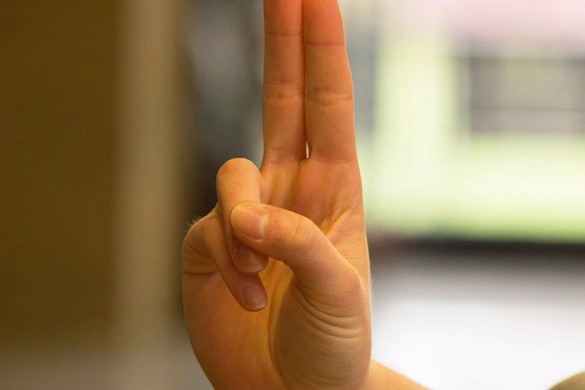

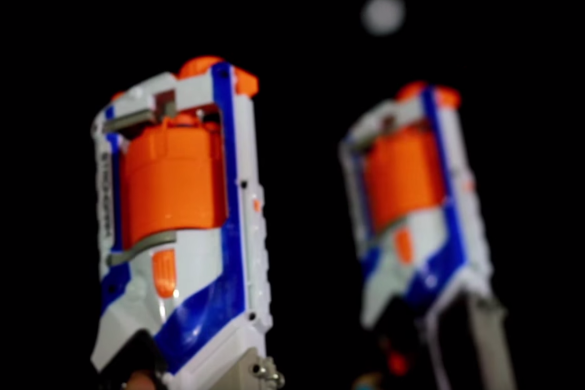
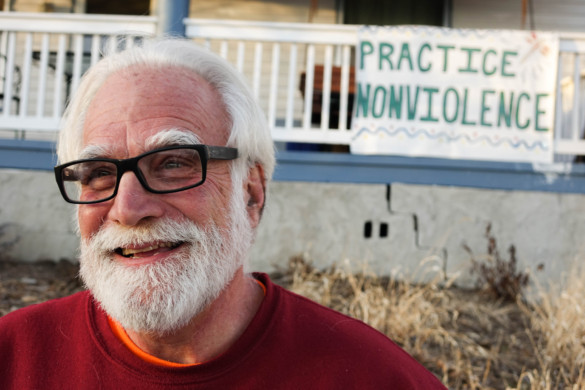
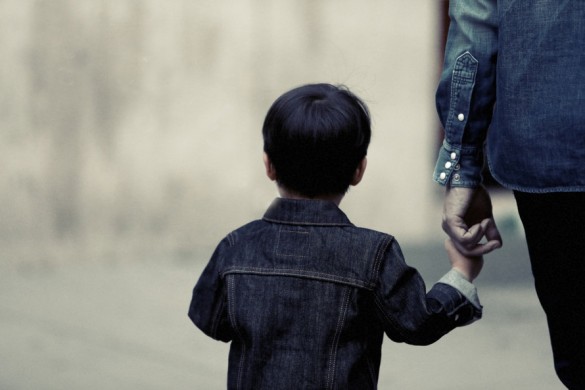

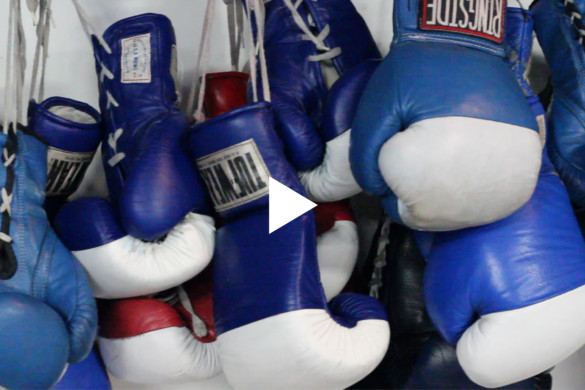
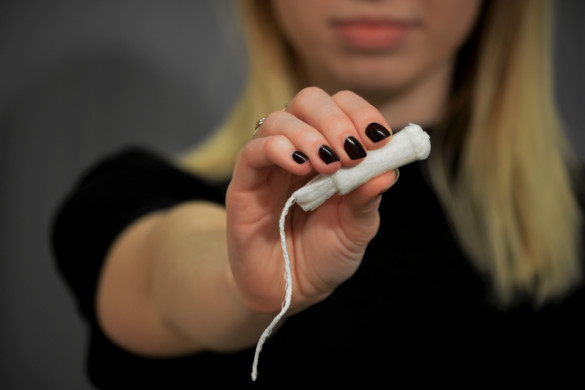

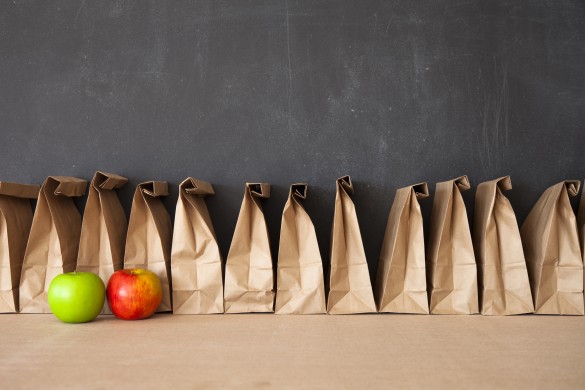
1 Comment
In the greatest country in the world, it’s a terrible thing that our children are going to school hungry. Thanks for bringing attention to this issue and there will be a contribution to the backpack program from me.